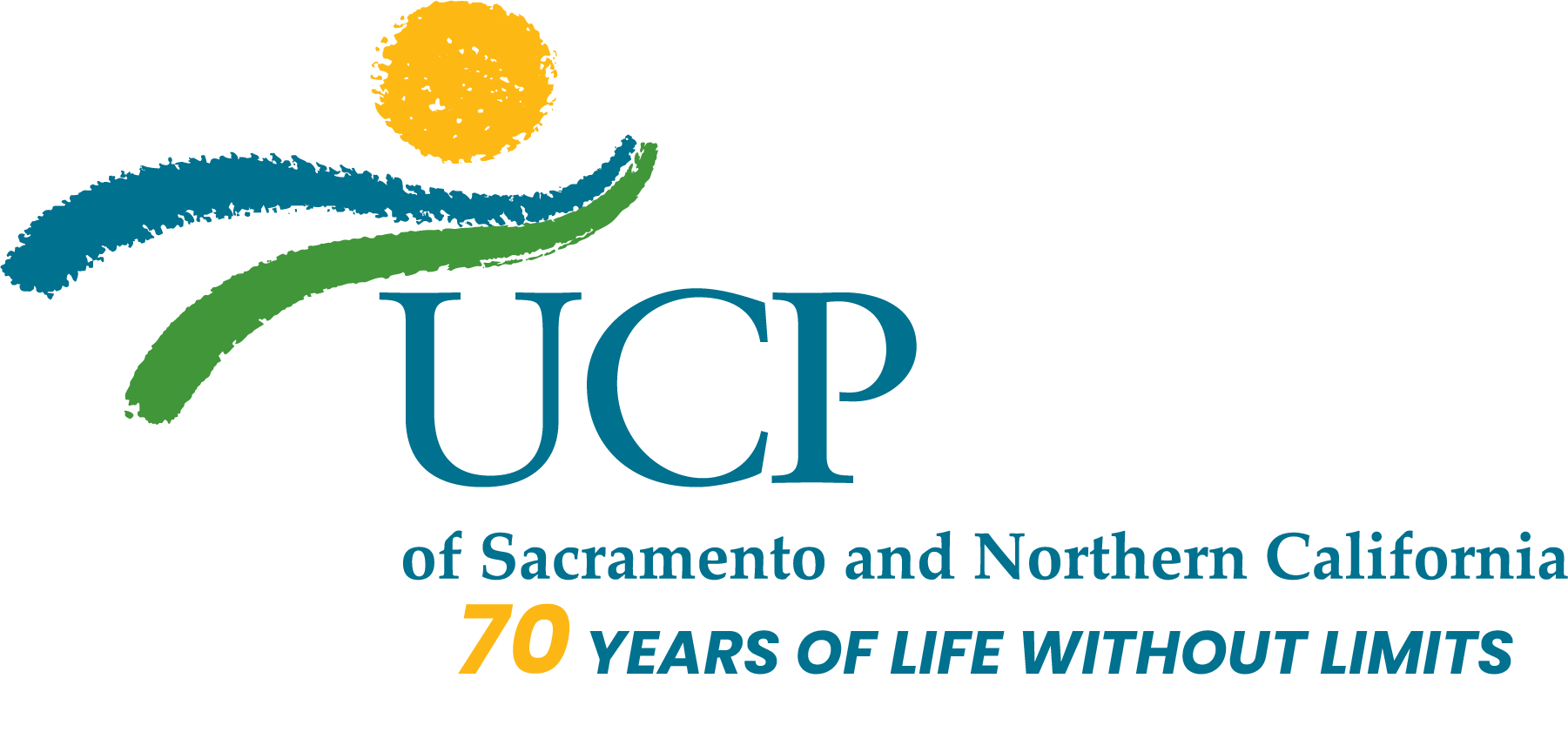Cerebral palsy is a broad term that refers to a group of disorders that affect a person’s ability to move. This is a permanent lifelong condition and is typically associated with damage to the brain either during pregnancy or shortly after birth. Movement issues are not due to damaged muscles or nerves, but instead caused because of problems in the brain.
According to the Centers for Disease Control and Prevention, the symptoms and functioning of each person with cerebral palsy varies. While it does not get worse over time, the exact symptoms can change over a person’s lifetime. From birth to 5 years of age, a child should reach movement goals—also known as milestones—such as rolling over, sitting up, standing, and walking. A delay in reaching these movement milestones could be a sign of cerebral palsy. Additional signs to be aware of include: might feel stiff, head may flop, may not roll over in either direction, might not be able to bring hands together or have trouble bringing hands to the mouth, might not crawl, trouble standing without support among other issues.
MyChild at CerebralPalsy.org shows that therapy and adaptive equipment are the primary treatment protocol for cerebral palsy. However, an individual may also require drug therapy and surgical interventions. Some families, with caution and physician guidance, turn to complementary and alternative medicine for additional assistance. Although each medical specialist may have specific care goals related to their specialty and the individual’s unique condition, the overriding treatment goal for those with cerebral palsy is to optimize mobility, manage primary conditions, control pain, prevent and manage complications, maximize independence, enhance social and peer interactions, and more.
Cerebral palsy cannot be cured, but proper treatment can improve capabilities. Today, many patients enjoy near normal lives if their neurological problems are managed properly. Each patient is different, so there is no set therapy management. Doctors must work with a team of health care professionals to identify the specific needs to create an individual treatment plan. Learn more from the National Caregivers Library.
UCP of Sacramento and Northern California (UCP) provides numerous programs and services for individuals with cerebral palsy including UCP’s Adult Day program, CLASP program and Transportation services.
To learn more about cerebral palsy, visit:
